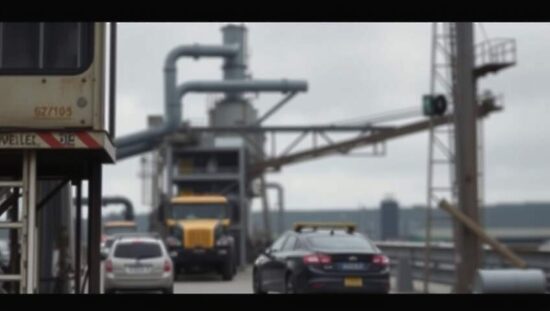The head of North Rhine-Westphalia’s Police Union (GdP), Patrick Schlüter, has issued a stark warning to regional authorities, demanding swift clarification on critical safety and logistical concerns surrounding the planned Castor nuclear waste transports. Speaking to the “Rheinische Post”, Schlüter voiced deep reservations, suggesting a hasty rollout could expose both officers and the public to unacceptable risks and potentially exacerbate tensions with protest groups.
While acknowledging ongoing planning within the Münster police headquarters, Schlüter insisted a comprehensive and collaborative approach to worker safety and radiation protection is paramount before any transports proceed. He highlighted previous operations where officers were restricted to brief deployments near the Castor vehicles, necessitating rapid rotations and explicitly barred from accompanying them – a protocol he demands be revisited and thoroughly explained ahead of the renewed transports.
The potential for disruption remains a primary concern. Schlüter expressed uncertainty regarding the scale of mobilization anticipated from left-wing and in some cases, violent, protest movements. He emphasized the need for police to be prepared for “all scenarios” particularly the prospect of demonstrators successfully blocking the transports for extended periods, potentially lasting hours or even days. He advocated for a substantial police presence, particularly at the commencement of operations, to mitigate this risk.
Beyond security, Schlüter raised significant concerns about the fragility of the region’s infrastructure. He pointed to the precarious condition of bridges and the limited number of viable routes between Jülich and Ahaus, warning that circuitous detours would be unsustainable and politically untenable for the population. This logistical vulnerability, he warned, is likely to be exploited by opponents of the transports, allowing them to strategically plan disruptions.
“My suspicion is that we will not experience a transport this November. To be responsible for one under the current state of affairs would be untenable” Schlüter stated bluntly, signaling a potential indefinite postponement if his concerns are not adequately addressed. The union leader’s intervention underscores a developing political pressure point for regional authorities, who face the challenge of balancing the resumption of nuclear waste transport with the imperative of ensuring public safety and minimizing potential for civil unrest.





